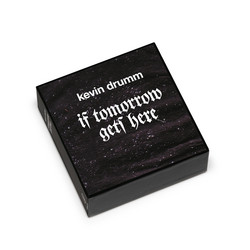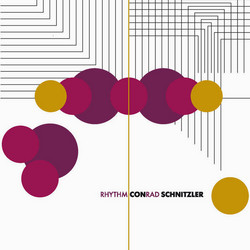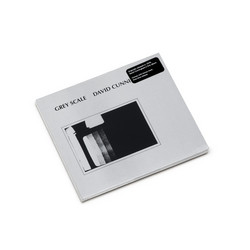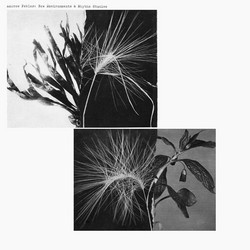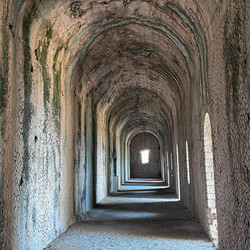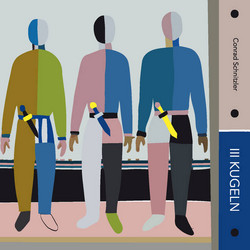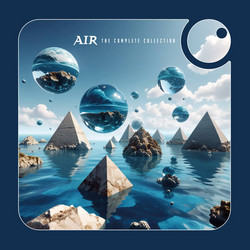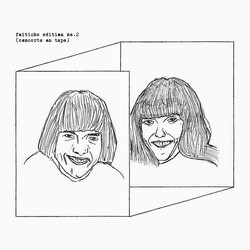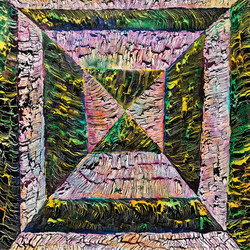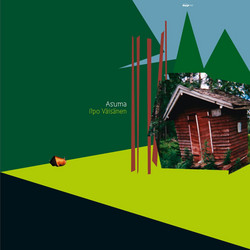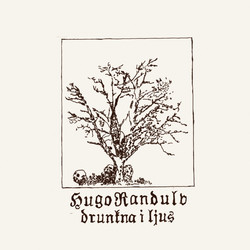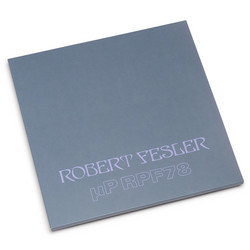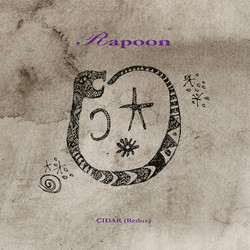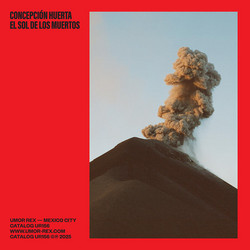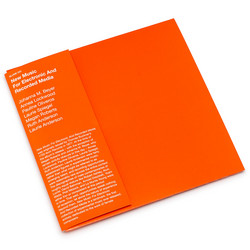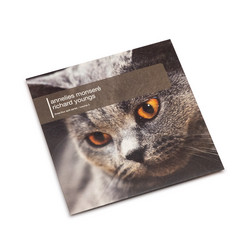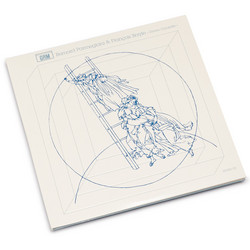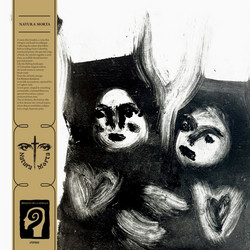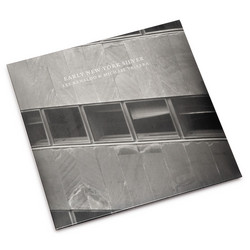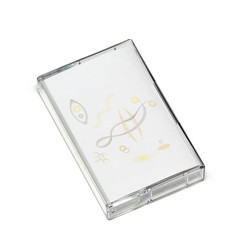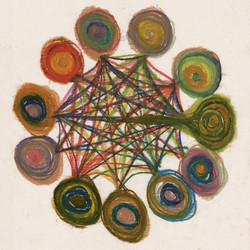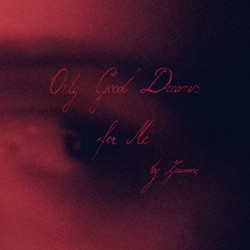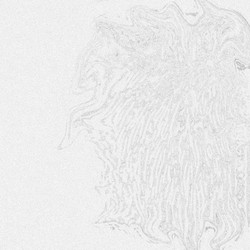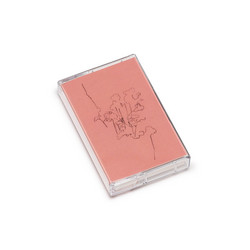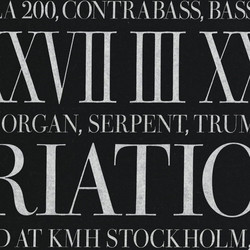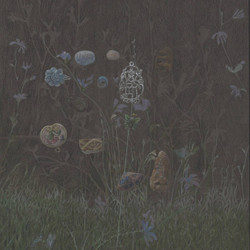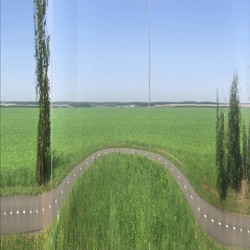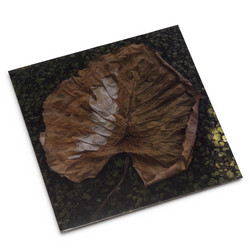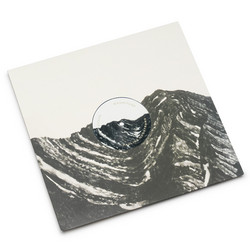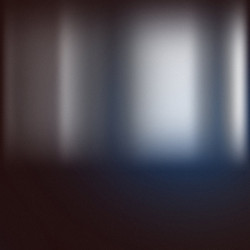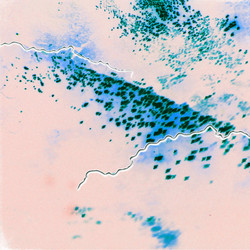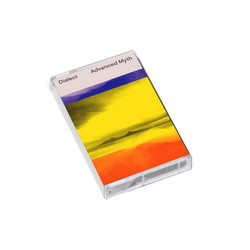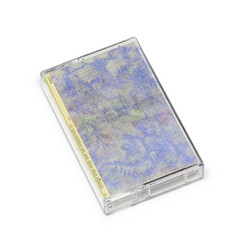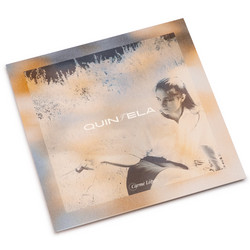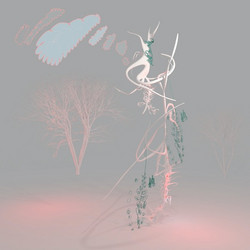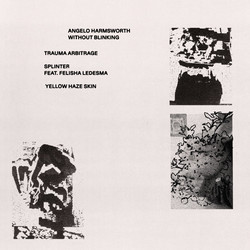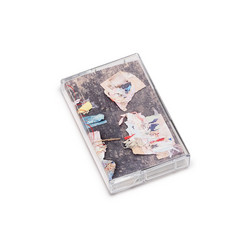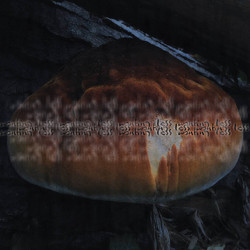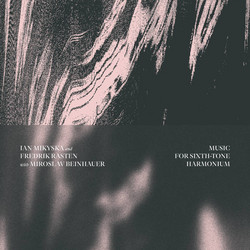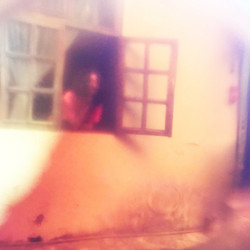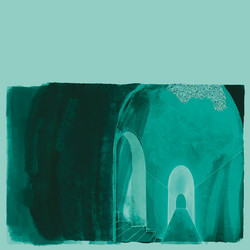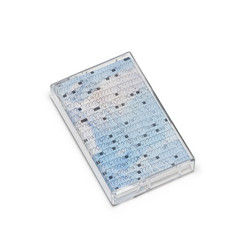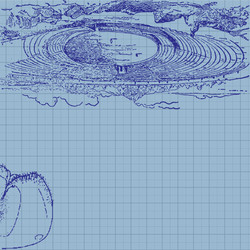Martyna Basta
Slowly Forgetting, Barely Remembering (LP, White)
*300 copies limited edition* On her second release for Warm Winters Ltd., Polish composer Martyna Basta conjures scenes from the blurry edge of memory. An experience one attempts to repress, a lost sensation drawn back towards conscious possession: the images she renders are potent even as they flicker in and out of definition. Basta trained as a classical guitarist, which she exchanged for a multi-instrumental ambient approach on her label debut Making Eye Contact With Solitude. With Slowly Forgetting, Barely Remembering, Basta extends the diaristic impulses of her recent releases beyond fragments to bring listeners into a full-fledged world, albeit one draped in shadows.
Martyna Basta’s hallucinatory compositions here accumulate irregular layers of space and feeling such that we are drawn close while exposed to expanses beyond our grasp. The guitar motif—a return to Basta’s musical origins—that grounds the title track glimmers like candlelight while vocal samples introduce an undiscernible conversation accumulating nearby. Throughout the release, voice is layered with sparse field recordings and uncanny instrumental refrains—most affectingly, the zither. Basta plays with the voice’s limits and potential: hers interjects on a spectrum from pure, claustrophobic breath to tense muttering to an even hum. Guest autotuned vocals from Claire Rousay arrived tangled up with violin scrawl on “It Could Be As It Was Forever”; the voiceless, gently percussive clamor of “Speechless Lately” is a relief in its wake. Podszepnik is Polish for one who secretly whispers, an intimate confidant, and a pair of tracks by that name act as the album’s two-part centerpiece, between them tracing an arc from a child’s murmurs to a full-fledged chorus of open-throat singing that soars above the weight of an electric guitar.
"Slowly Forgetting, Barely Remembering is a dynamic effort from a standout artist in Eastern Europe’s burgeoning ambient-experimental music scenes. Achingly precise in her sense of detail even as she approaches what remains lost or unknown, Basta here makes a strong case for the beauty of uncertainty."
– Thea Ballard
